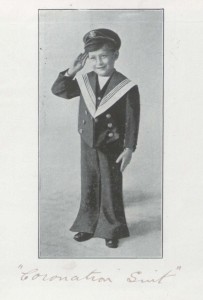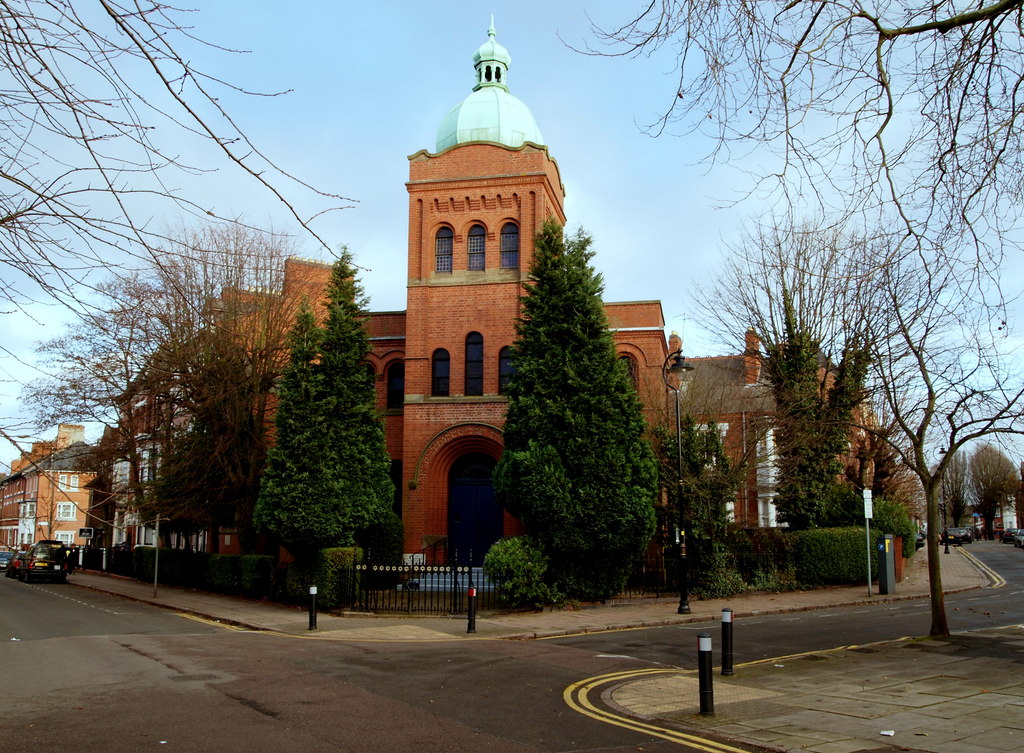Research volunteer Carol Cambers tells us about her interest in local history and involvement in previous National Lottery Heritage Fund projects.
Tell us a bit about yourself?
I’m retired so I can choose how I spend my time. My degree was in geography but I did the MA course in English Local History at Leicester a few years ago. I have been a Record Office (and other Archives) user for over 30 years. I am a volunteer (cataloguing building plans) at the Record Office and hobby archaeologist. I wrote a parish history for the VCH (as a volunteer) which taught me a lot about research and writing.
What do you enjoy most about being at Leicester?
Apart from 5 years in Yorkshire I have always lived in Leicester or Leicestershire. I like the understated nature of Leicester and its county; the rest of the country is hardly aware of it, so there’s no stereotypical Leicester person.
What do you know about the history of University of Leicester?
I know a little about its origins from when I was researching Dr Finch (Medical Officer at the Asylum) who was an early benefactor, also the development of the Centre for English Local History by Frederick Attenborough and W. G. Hoskins.
Have you volunteered before?

I led volunteer research on the Lottery-funded Gilroes project ‘Stories Behind the Stones’ and on the current ‘Sharing Jewish Heritage’ project in Leicester, also Lottery-funded.

What are your views about volunteering?
People are keen to volunteer for projects. When funding is limited, volunteers provide an unpaid work force. The quality of the volunteers’ research may be unpredictable and the commitment variable. Monitoring by the team running the project will dictate the usefulness of the volunteers’ contribution. Use of volunteers ticks the current well-being/mental health/wellness boxes and also that of ‘community engagement’. The funding usually requires volunteer participation.
What do you expect to learn?
Something about the first decades of the twentieth century nationally and in Leicester. What material relating to this period is held in the Special Collections. The stories of some individuals in greater detail.